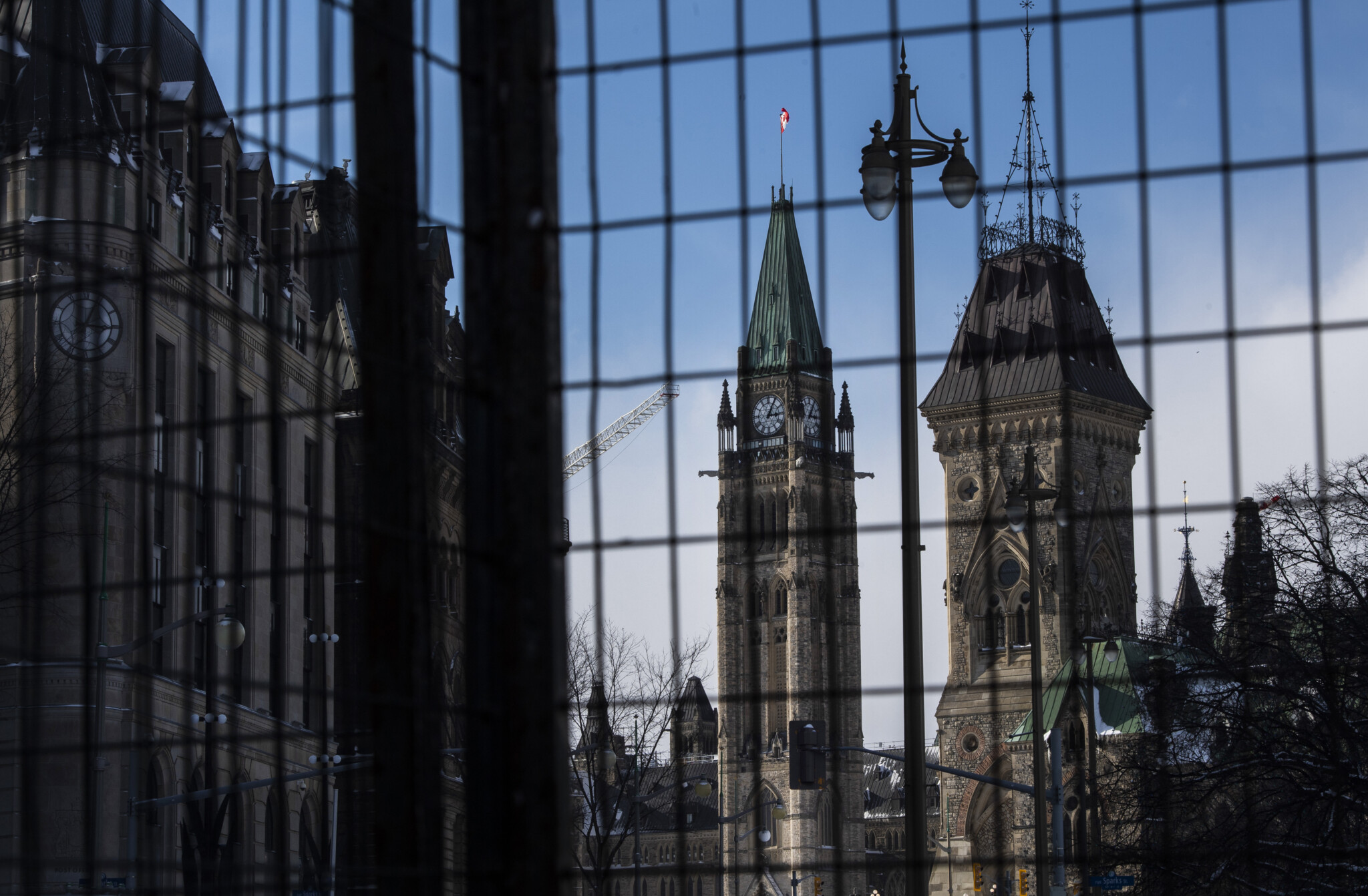In The Weekly Wrap Sean Speer, our editor-at-large, analyses for Hub subscribers the big stories shaping politics, policy, and the economy in the week that was.
We’re past incrementalism
Every once and awhile you encounter an idea or phrase that clarifies your thinking. That happened to me this week.
In his two-part series for The Hub on a conservative regulatory reform agenda, former Harper-era adviser and regular Hub contributor Stephen Staley wrote that Conservatives need to be prepared to “cut Chesterton’s Fence” rather than show over-deference to the status quo. It’s a clever metaphor that speaks more broadly to the tension between the typical conservative instinct for incrementalism and the type of sweeping reform needed to change Canada’s worrisome economic trajectory.
Let’s get definitions out of the way. The notion of “Chesterton’s Fence” derives from the 20th century Christian writer G.K. Chesterton as a warning that we ought to have deference for existing ideas, institutions and laws because they’ve presumably persisted for a reason even if it’s not self-evident. We should therefore show humility before tearing them down.
It’s a fundamental insight that’s core to conservative anthropology. Contemporary conservative thinker Roger Scruton put it this way: “Conservatism starts from a sentiment that all mature people can readily share: the sentiment that good things are easily destroyed, but not easily created.”
This strikes me as self-evidently true in most cases. But there are certain instances where deference—the instinct to conserve—can be wrong. The most pointed example is the American experience with slavery. Slavery may have been an enduring institution but it would have been wrong to sustain it merely because of its persistence. This was clearly a case that justified “cutting Chesterton’s Fence.”
Most of these judgements though aren’t as clear cut. It requires prudence and wisdom to judge when deference should win out over reform—incremental improvement over sweeping change.
The Harper government was marked by incrementalism. It was a Chesterton’s Fence government. That partly reflected the prime minister’s own personal temperament. But it was also a function of contingent circumstances. The government was led by a new political party that was seeking to establish long-run comfort and credibility with Canadians. The economic and social conditions were generally positive and so there wasn’t much appetite for sweeping change. Canadians wanted basic competence. A steady hand rather than a radical reformer.
A decade later, those conditions have changed. The Trudeau government’s mishandling of various files—from the economy to immigration to drug policy—has contributed to a “lost decade.” In the face of the numerous challenges facing the country today, mere incrementalism isn’t a proportionate response.









